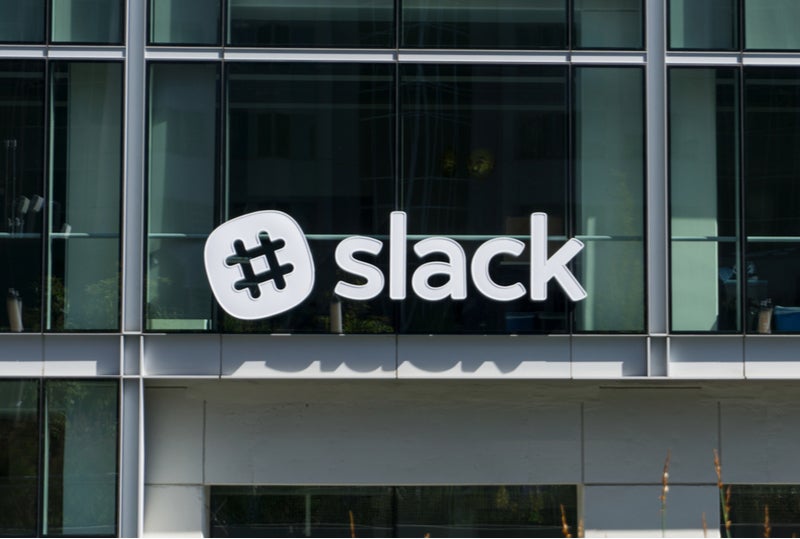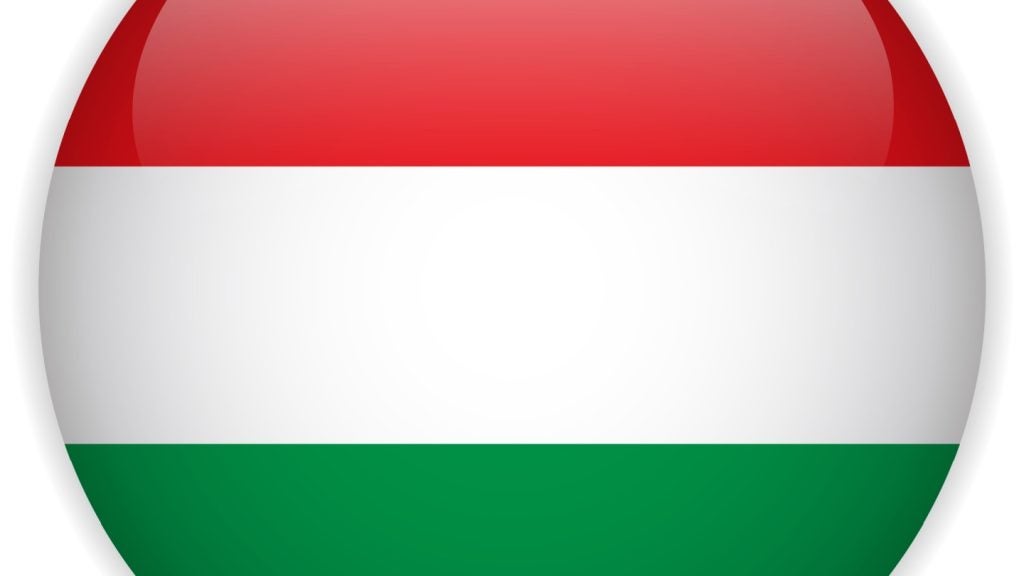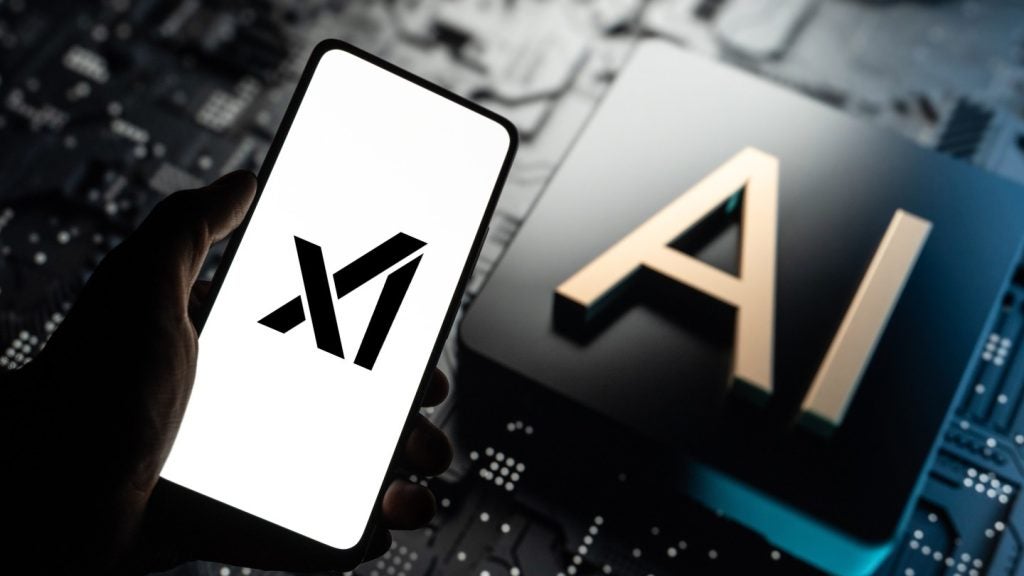Rising US tech star Slack has opted to go public in a direct offering on the NYSE that might protect it from the perils of Wall Street.
Tech company is filing for a direct offering, but recent history suggests few tech IPOs have gone well because of predatory financial practices.
Searchable Log of All Conversation and Knowledge, or Slack, is a darling of the software industry, having created a useful tool for professionals to share their work and discuss it. The company has 10 million active users, low rates of churn and fairly solid financials.
Typically technology firms have a riotous first few days and weeks after listing, with investors piling in at the beginning before letting the share price crash as they look to cash in. For instance, Facebook and Snapchat had very difficult launches, with the latter losing 47% of its initial offering price only two months down the line.
Snapchat was advised to set its price at the lower end of expectations, at about $17 for early institutional investors, who then used their privilege to buy in at this price before launch. By the time the stock opened to general market enthusiasm, its stock had pushed as high as $27, meaning Snapchat lost billions of potential investment. The price then came tumbling down over the next few weeks which resulted in more losses.
Slack sidesteps underwriters with direct offering
Slack has chosen to avoid the traditional IPO route. Instead, the firm is to provide a direct offering to the stock market similar to that of the first public offering by Spotify, which is generally believed to have gone well.
How well do you really know your competitors?
Access the most comprehensive Company Profiles on the market, powered by GlobalData. Save hours of research. Gain competitive edge.

Thank you!
Your download email will arrive shortly
Not ready to buy yet? Download a free sample
We are confident about the unique quality of our Company Profiles. However, we want you to make the most beneficial decision for your business, so we offer a free sample that you can download by submitting the below form
By GlobalDataThe benefit of the traditional IPO route is new capital can be raised through selling new shares on the market, however, these new shares need to be underwritten by banks who take 5%-7% of the gains in fees. They also get significant control over the offering and many companies find themselves losing out on potential investment due to poor reference pricing.
A direct offering, however, will allow long-term Slack investors to sell into the stock market themselves, which they could not do via an IPO.
This means that generally, the price tends to be more appropriate to market expectations because banks can’t set the price low in order to create a ‘first-day pop’, avoiding the kind of volatility that many other companies’ experience.
A further benefit of this method is that it is cheaper for the company to implement and avoids a lengthy roadshow as the company tries to attract attention to make sure there is demand. For companies that are financially stable and don’t need to raise capital from day one, this method has been proven to be more reliable.
Slack has priced itself at $26 a share and, so far, analysts have been buoyant about the pricing level predicting that there is value to be had, but it also locks-in a fair amount of potential gain for Slack and its investors, rather than predatory banks and financial institutions.









Related Company Profiles
Spotify AB
Meta Platforms Inc